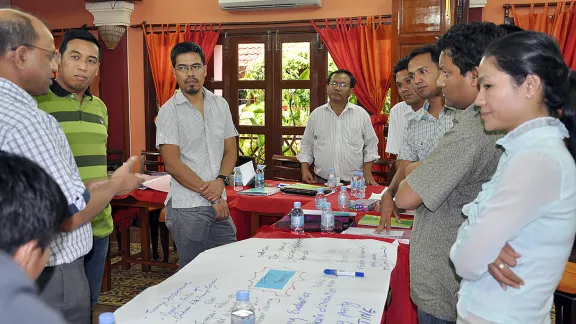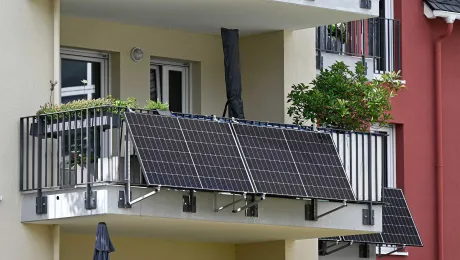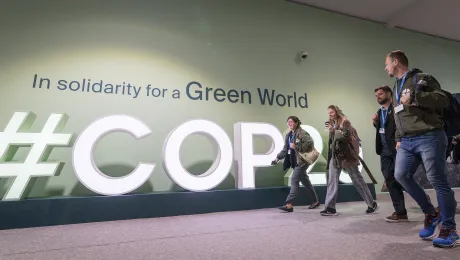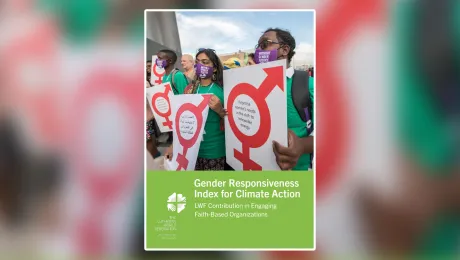
Staff from LWF programs in Bangladesh, Cambodia, India, Indonesia, Myanmar and Nepal took part in the June training. Photo: Leak Ratna
PHNOM PENH, Cambodia – Senior staff members responsible for community development and training activities in the LWF Department for World Service (DWS) programs in Asia, recently participated in a capacity building course on “Facilitating Food Security and Livelihood Programs in the Context of Climate Change.”
The training, held from 16 to 23 June in Phnom Penh, was organized by Life With Dignity (LWD), the LWF associate program in Cambodia, in partnership with the International Institute of Rural Reconstruction (IIRR) under the AZEECON program on Education, Exposure and Training Visit (EETV). It was aimed at enhancing participants’ knowledge and understanding on the basic concepts of climate change, climate change responses and the use of participatory tools to design community adaptation programs for food security and livelihoods.
AZEECON is an informal network of DWS country and associate programs in Asia. The 12 participants in the Phnom Penh training represented the LWF programs in Bangladesh, Cambodia, India, Indonesia, Myanmar and Nepal.
In his opening remarks, LWD Executive Director Dr Sam Inn drew the participants’ attention to the world’s changing climate, the causes and the negative impact of climate change.
“Climate change is caused by human beings and human society. The more human society develops, the more [people] cause climate change to the world. As a result, the poorest countries and the poorest people are seriously affected by climate change. This is unfair to the poorest countries that did not do much to cause climate change, but are more seriously affected,” Inn said.
“We, as a least developed country, need to enhance resilience by providing capacity building to the communities so that they can cope with and adapt to climate change, and help them mitigate the risk of climate change,” he said. “We need to learn more about innovative approaches on how to deal with climate change, share and reflect, and customize this knowledge and these skills to our respective context.”
The training, the first in a series of three designed for AZEECON members, included a two-day field practicum to highland, lowland and the riverine areas in Kampong Speu and Kampong Chhnang provinces, where participants could practice what they had learned from the course.
Global Relevance
Mr Sann Lwin, emergency response and disaster risk reduction (DRR) officer for LWF Myanmar, said the training topic was very interesting and important to the participants because of its global relevance.
“We will disseminate what we learned from the training and look to modify our existing programs, mainly for climate change adaptation towards food security and livelihood programs,” Lwin said. He added that he would also share his learning with 59 agencies working on DRR and food security in Myanmar.
Mr Mohammad Abdur Rahman, senior coordinator for project design and reporting at the Rangpur Dinajpur Rural Services (RDRS) Bangladesh, expressed similar impressions on the training topic and modules.
He described the course as very interesting, educative, informative and insightful. “We have learned so many things from the course. The most important part of this learning is how to involve the community in the whole process of developing the climate change related adaptation plan,” he said.
In his action plan, Rahman said he would share what his team learned with his organization’s senior management and senior staff. He also plans to develop curriculums for two different courses, one for RDRS staff and the other for the community.
Exchange Ideas, Enhance Learning
Six months after each course, a three-day capacity enhancement and technical activity is organized to enable the respective participants to share the experiences and learning acquired. During such sessions, an additional two topics are presented in order to further enhance the learning.
AZEECON's primary role is to help build capacity among its members through peer-to-peer learning by linking relief, rehabilitation and development. It offers a convenient and cost-effective platform for staff persons from the respective organizations to gain knowledge, exchange ideas and interact regionally.
Topics covered over the past years include human trafficking, food security, climate change, advocacy and rights-based approach.
(By Ratna Leak, communications coordinator, LWD Cambodia)


